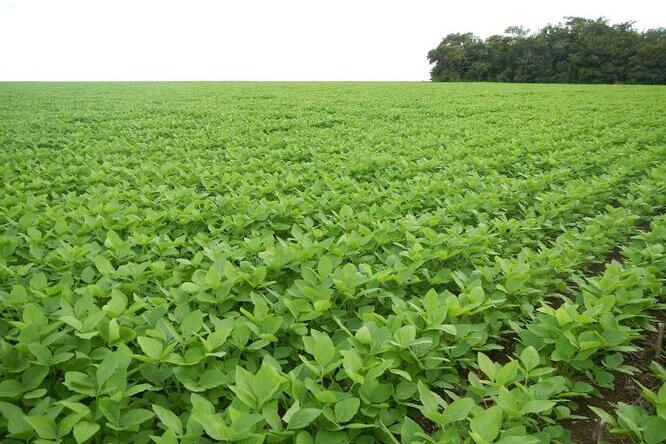Brazil’s rapid GMO soy expansion linked to increased childhood leukemia deaths

Published: November 29, 2023
Category: GMO News
As the top global GM soybean producer and pesticide consumer, it’s not surprising Brazil is the focus of research on health impacts of industrial agriculture. A recent study from University of Illinois Urbana-Champaign in collaboration with the University of Denver and University of Wisconsin-Madison illustrates the link between expanded soybean production and pesticide use with a jump in childhood cancer mortality.
The expansion from cattle production to (GM soy production) has “happened really quickly” with scant pesticide training, said Marin Skidmore, U of I professor and lead author of the paper published in the Proceedings of the National Academy of Sciences (PNAS). Cases of pesticide poisoning and chemical presence in non-agricultural workers nearby “indicates that this rollout had happened in a potentially dangerous way that was leaving people exposed.”
In the Cerrado region, soy production tripled from 2000 to 2019; in the Amazon biome it grew 20-fold. Researchers looked at acute lymphoblastic leukemia (ALL), the most common childhood bloodborne cancer, in these regions, concluding that half of pediatric leukemia deaths over ten years may be linked to pesticides—123 children under 10 died of ALL between 2008 and 2019 of 226 reported ALL deaths.
Pesticide runoff into surface water is the likely avenue of exposure, exacerbated by low access to healthcare in the entire Amazon region.
“…When changes happen fast, there are risks associated …and this is not isolated to Brazil,” the study added.
Source: University of Illinois, College of Agricultural, Consumer and Environmental Sciences
To view source article, visit:
https://aces.illinois.edu/news/soy-expansion-brazil-linked-increase-childhood-leukemia-deaths
Organic & Non-GMO Insights December 2023




